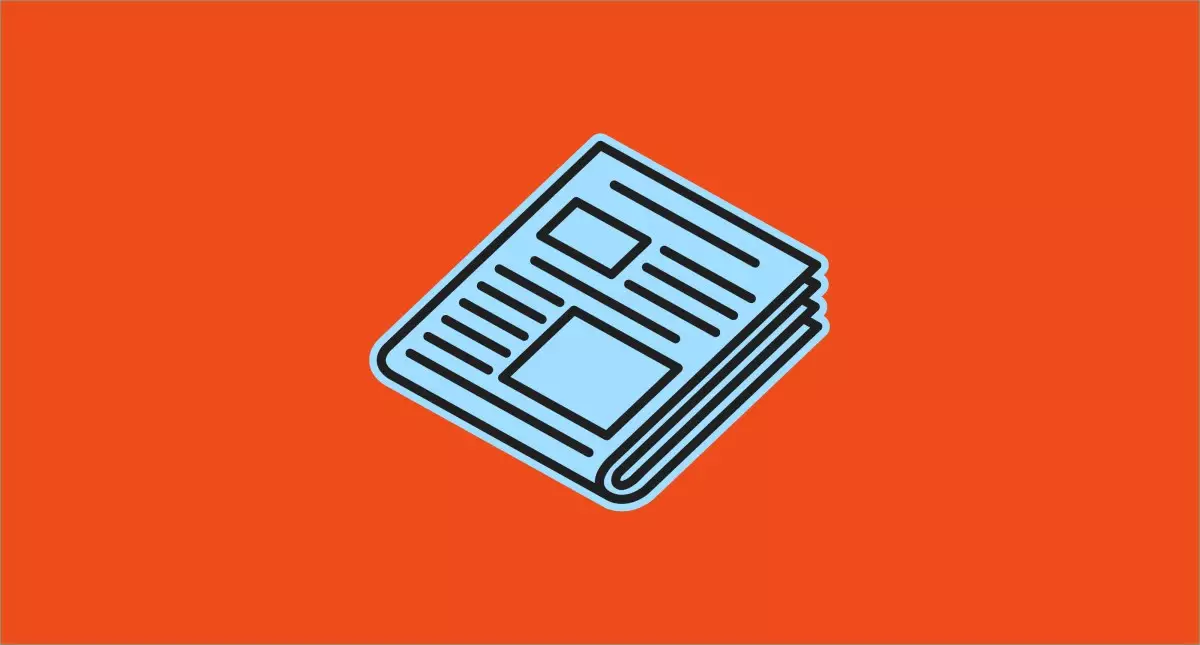In a significant development within the realm of intellectual property, a coalition of Canadian news organizations has initiated legal proceedings against OpenAI, the prominent developer behind ChatGPT. Among the plaintiffs are well-established entities like the Toronto Star, the Canadian Broadcasting Corporation, and the Globe and Mail, who claim the artificial intelligence firm has unlawfully exploited their copyrighted materials. These news firms are seeking reparations for infringements and a preventative measure to stop OpenAI from utilizing their content moving forward. This lawsuit exemplifies a growing concern among traditional media enterprises about the potential misuse of their intellectual property by modern technologies.
The core allegation posited by these Canadian companies revolves around the assertion that OpenAI has improperly utilized material extracted from their websites to enhance its language models. This content represents not only substantial financial investments but also significant labor and expertise provided by journalists and editorial staff. The legal documentation explicitly states a feeling of betrayal, citing that rather than obtaining the content via proper legal channels, OpenAI has chose to appropriate their intellectual property without authorization or reciprocation. This sentiment resonates deeply in an era where creators are increasingly cautious about their digital assets and the repercussions of their unregulated use.
This lawsuit, however, is not an isolated incident. OpenAI is facing similar allegations from multiple entities, including major U.S. media outlets and notable personalities, underscoring a trend wherein various creators and news organizations feel threatened by the unchecked capabilities of AI technologies. While OpenAI has engaged in licensing agreements with some established companies, the complainants in this case argue that they have received no such benefit; they highlight a perceived imbalance in how major players negotiate versus smaller companies. This ongoing legal challenge could potentially spark a reexamination of the legal frameworks surrounding copyright and fair use in the context of AI development.
In response to the accusations, OpenAI maintains a stance grounded in the principles of fair use, asserting that its models are shaped by training on materials that are publicly accessible. The spokesperson for the company emphasized that their technology is designed to enhance users’ lives and foster creativity. OpenAI insists that it collaborates with media firms, providing opportunities for content attribution and offering pathways for companies wishing to exclude their materials from being used. However, such assurances have not quelled the concerns voiced by the plaintiffs, who argue that the very foundations of their work—rooted in investigative journalism and quality reporting—are under threat.
As the legal proceedings unfold, this case presents a pivotal moment for both the news media landscape and AI development. It raises essential questions about the intersecting rights of content creators and the benefits technology companies reap from their work. This situation potentially sets a precedent for how copyright laws may evolve alongside emergent technologies. For now, the outcome remains uncertain, but one thing is clear: the dialogue surrounding intellectual property in the age of AI is becoming increasingly critical, as stakeholders strive to strike a balance between innovation and protection of original content.

